Leaders TalkX: Local to global: preserving culture and language in a digital era
WSIS
Session 428
The "Leaders TalkX: Local to global: preserving culture and language in a digital era" aims to highlight cultural and linguistic diversity as cornerstones of a dialogue-driven Information Society. This session gathers a multistakeholder panel to discuss the vital role of cultural identity and traditions in sustainable development.
It calls for the creation of policies that not only respect and preserve cultural heritage but also promote it within the digital landscape, as endorsed by United Nations agreements, including UNESCO's Universal Declaration on Cultural Diversity. The objective is to foster the development of cultural policies that encourage local content creation in line with the linguistic and cultural nuances of communities.
The Leaders TalkX underscores the importance of ICTs in preserving cultural heritage and making it a dynamic part of contemporary culture. It advocates for the development of policies that support the digitization of educational, scientific, and cultural heritage, and the nurturing of local content, translation services, and digital archives. This initiative seeks to provide culturally relevant content through both traditional and digital media, and to build partnerships that encourage local and national content creation in users' native languages, thus preserving and documenting local heritage.
The panel will also shed light on the need to empower indigenous peoples to create content in their own languages and use their traditional knowledge effectively within the Information Society. It encourages the exchange of knowledge and best practices at regional levels and promotes technologies that facilitate cultural and linguistic diversity, such as translation tools and multilingual platforms.
More information available related to Action Lines, WSIS 2003: https://www.itu.int/net/wsis/docs/geneva/official/poa.html
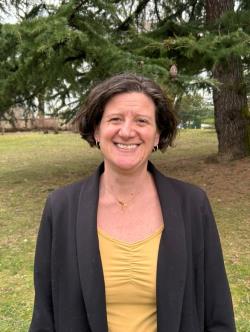
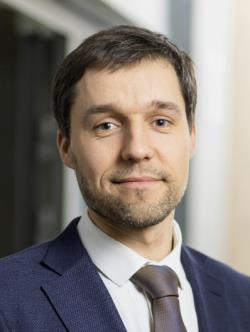
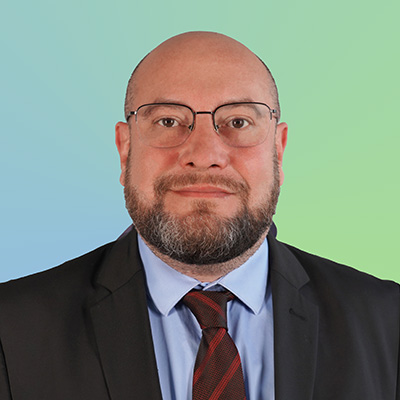


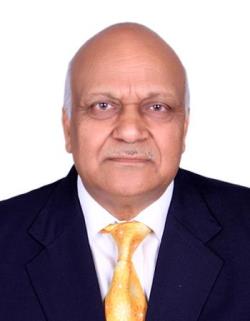
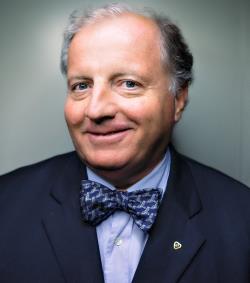
-
 C8. Cultural diversity and identity, linguistic diversity and local content
C8. Cultural diversity and identity, linguistic diversity and local content
-
 Goal 2: End hunger, achieve food security and improved nutrition and promote sustainable agriculture
Goal 2: End hunger, achieve food security and improved nutrition and promote sustainable agriculture
-
 Goal 4: Ensure inclusive and equitable quality education and promote lifelong learning opportunities for all
Goal 4: Ensure inclusive and equitable quality education and promote lifelong learning opportunities for all
-
 Goal 6: Ensure access to water and sanitation for all
Goal 6: Ensure access to water and sanitation for all
-
 Goal 8: Promote inclusive and sustainable economic growth, employment and decent work for all
Goal 8: Promote inclusive and sustainable economic growth, employment and decent work for all
-
 Goal 11: Make cities inclusive, safe, resilient and sustainable
Goal 11: Make cities inclusive, safe, resilient and sustainable
-
 Goal 12: Ensure sustainable consumption and production patterns
Goal 12: Ensure sustainable consumption and production patterns